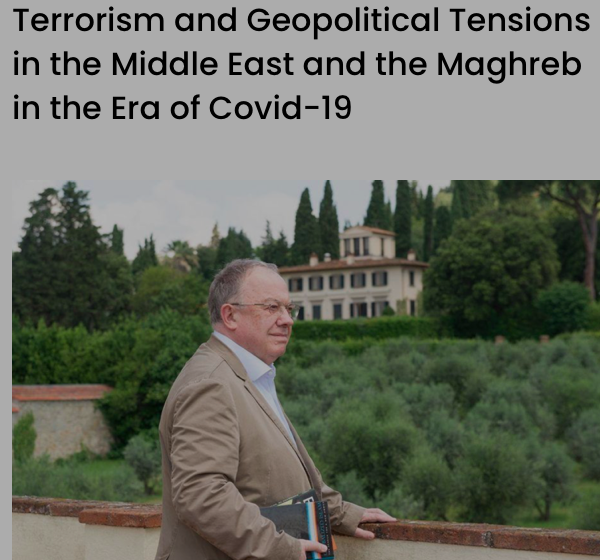
Exclusive – At a time when the whole world is facing an exceptional health situation, one would think that the fight against Covid-19 has become the main battlefield, and rightly so, given the lethality of the virus and its speed of spread. Yet Covid-19 has not “put on hold” many geopolitical tensions in the Middle East and other challenges such as terrorism which, on the contrary, seem to be thriving or even profiting from the situation.
Crossfire KM: First of all concerning the geopolitical tensions in the region (the Middle East and Maghreb), the Covid-19 health crisis is coupled with an oil crisis already that is already clear to us all. These crises are arriving on top of structural challenges that already exist and are important in certain societies: in Iraq, we can underline the oil dependence; in Lebanon, the social fabric is weakened. Generally speaking, how do you see the geopolitical future of the region in the current context? Should we expect a resurgence of authoritarianism, or perhaps a resurgence of violence triggered by Covid-19 and its consequences?
Olivier Roy: Covid-19 is not in itself a strategic factor. But it serves as a revelation of the failure of dictatorships. The idea that authoritarian regimes are better equipped to fight the epidemic has proved false (and not only in the Middle East). In countries where there is a strong state, society expects that state to protect it. But it is quite the opposite: either the state denies [the existence of] Covid, or it alternates excessively restrictive and lax measures to revive the economy and obviously loses out on both counts. Covid is therefore an opportunity for public opinion to demand greater accountability from the state, which is called upon to implement what is theoretically its main function: to protect society. In this sense, the Covid reinforces the demand for democracy that came from the Arab Spring.
[…]
The full interview is available in both English and French at https://www.crossfirekm.org



